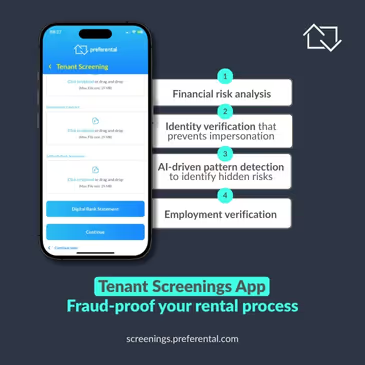Commercial Tenant Rights: Building better landlord relations
- Know your maintenance, renewal, and dispute resolution rights before signing.
- Clear communication prevents costly misunderstandings and builds trust.
- Strong relationships benefit both tenant stability and landlord retention.
Understanding Commercial tenant rights & responsibilities
Navigating a commercial lease can be complicated, but understanding your rights and obligations as a tenant is essential to protecting your business and fostering a constructive relationship with your landlord.
Getting this right doesn’t just prevent disputes; it can strengthen trust, unlock better lease terms, and create long-term business stability.
According to Sean Grove, Business Growth & Commercial Manager at the Rawson Property Group, the key lies in being informed, proactive, and communicative from day one.
1. Maintenance and Repairs: Who’s responsible?
Maintenance is one of the most common areas of confusion in commercial leasing. Generally, tenants are responsible for interior upkeep, keeping premises clean and fixtures in working order — while landlords handle external and structural maintenance.
“It’s important to read your lease carefully,” says Grove. “Some landlords, especially in larger or older properties, may shift more maintenance duties onto the tenant. Don’t assume, clarify it upfront.”
Grove recommends early communication when issues arise. “Even if it’s technically the landlord’s problem, report it quickly. Transparency prevents small problems from becoming major disputes.”
2. Lease renewals and negotiations
Most commercial leases run three to five years, often with renewal options. However, renewal rights aren’t always automatic. Grove advises tenants to start conversations early, ideally six months before expiry.
“Being organised gives you leverage,” he says. “Assess your space needs and the current market. If rents are dropping, negotiate accordingly. If supply is tightening, consider locking in a longer-term rate for stability.”
This proactive approach can secure favourable rental terms and help tenants plan for future growth without disruption.
3. Dispute resolution and legal protection
Disagreements happen, whether about rent escalations, repairs, or operating costs. Documenting every conversation and keeping records of emails and correspondence is critical.
“When talks break down, most leases include arbitration clauses that offer faster, less expensive solutions than litigation,” says Grove. “The Consumer Protection Act (CPA) may also apply to smaller businesses, providing additional safeguards.”
Before signing, tenants should understand which legal frameworks apply. Larger companies often fall outside the CPA’s protection and must rely solely on the lease terms and common law.
4. Why the Landlord-Tenant relationship matters
A good lease is more than a contract, it’s a partnership. Tenants who pay on time, maintain their premises, and communicate openly tend to enjoy smoother renewals and flexibility in tough times.
Landlords, in turn, benefit from reduced vacancies and stable, long-term tenants. “A little effort on both sides goes a long way,” Grove concludes. “Mutual respect and honesty make leasing not just easier, but more profitable for everyone.”
The Bottom Line
A successful commercial tenancy isn’t just about square metres and rent, it’s about managing expectations, understanding rights, and cultivating professional trust.
When both sides communicate clearly and uphold their obligations, it leads to a win-win: a stable space for business growth and a reliable income stream for landlords.
In South Africa’s shifting commercial landscape, knowledge and collaboration remain your best negotiating tools.












.avif)


.avif)

.avif)




.svg)






.avif)




















.avif)
